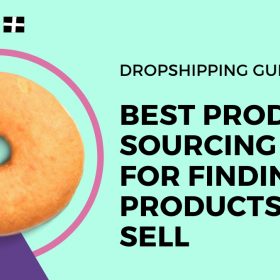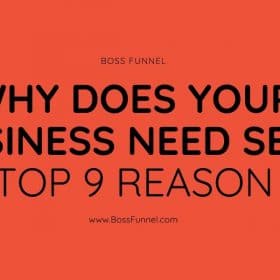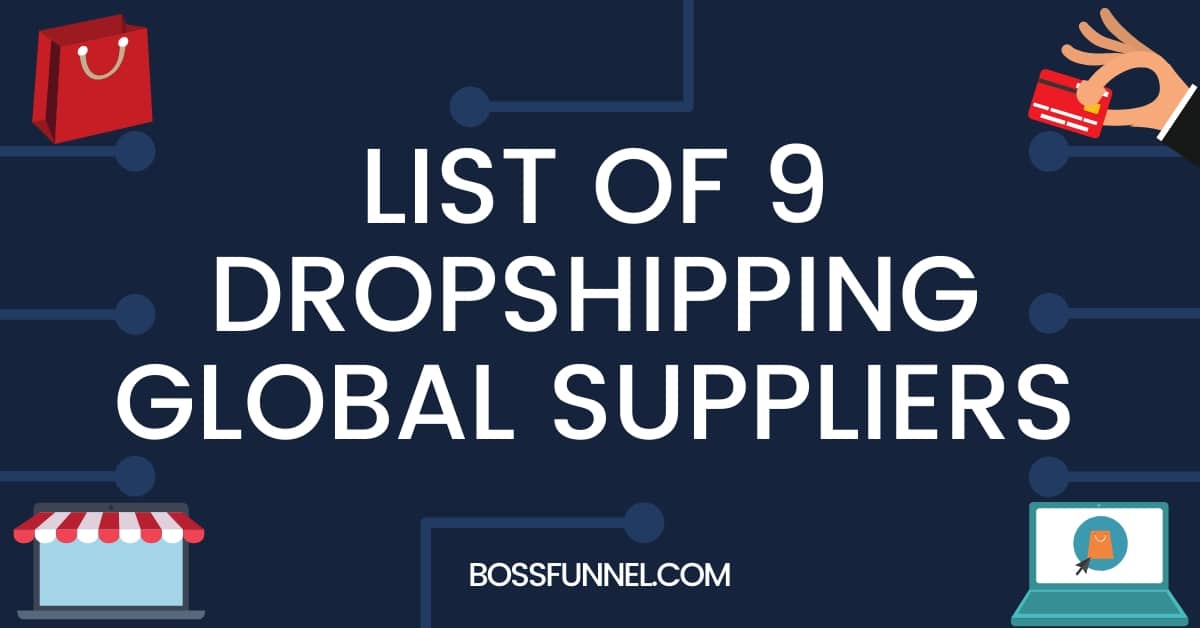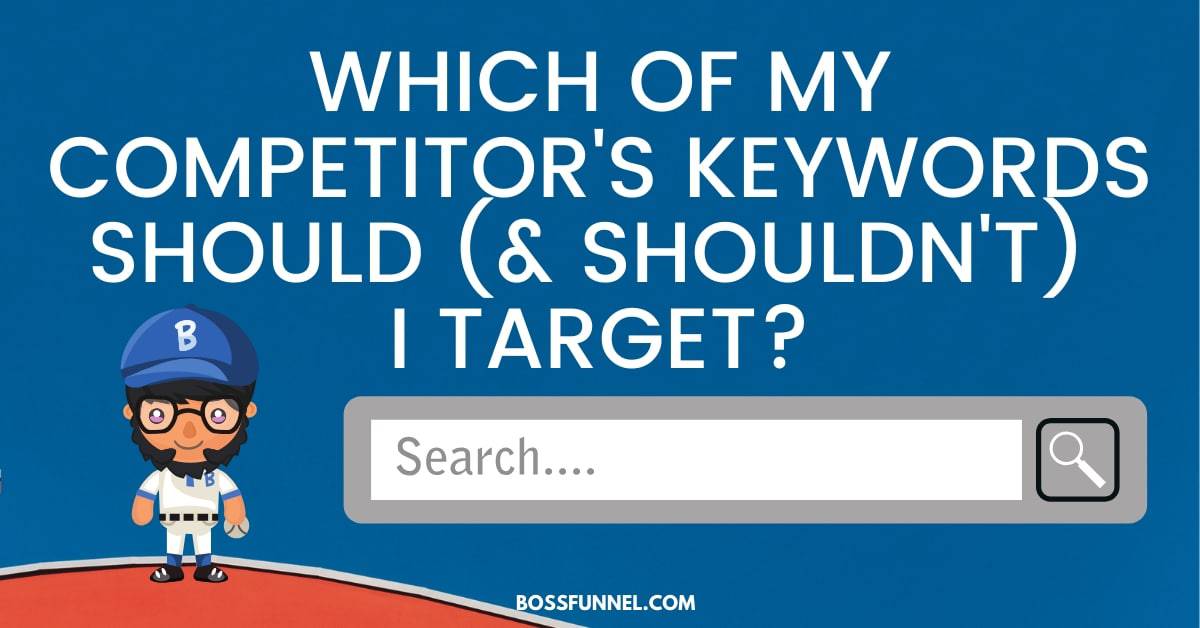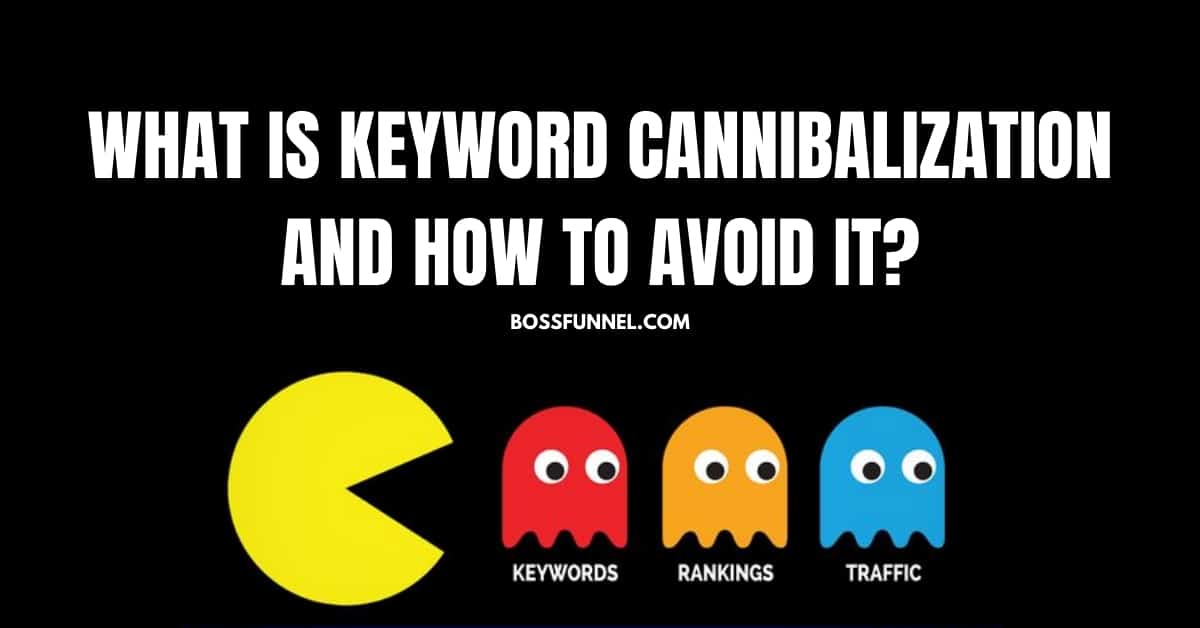Being an entrepreneur is hard! Not everyone is able to work hard for life. Thousands of business owners have admitted that they no longer receive the same emotions from their work. But they never shut down their processes instead a wise call would be to transfer/sell his empire. As a rule, the smaller the business, the easier it is to part with it.
Every year, tens of thousands of ready-made businesses are sold and bought on a global level. They are sold by entrepreneurs who:
– carried away by another niche;
– decided to get rid of a non-core asset;
– can not cope with problems ;
– decided to move to another country;
– just tired of the business.
If at least one of these points suits you, then this article is for you.
Where to Look for a Buyer?
To sell a business, you need either connections or intermediaries or better, both. The best option would be to offer your company to competitors who want to expand their business.
In this case, you should take care of confidentiality: a competitor can find out the state of the company and all your “chips”, and then refuse to purchase. One should also be careful with acquaintances.
Rumors of a sale will damage the company’s reputation.
An open sale of a business can be very harmful! Inadequate actions can lead to labor conflicts, lower sales prices, and even business collapse.
Sometimes advertisements for the sale of firms are placed in specialized forums where there is a chance to find a savvy and interested buyer. Flippa became a fairly popular channel for selling a ready-made business. The effectiveness of Flippa is evidenced by the fact that even business brokers, intermediaries between sellers and buyers of a ready-made business can place their business on sale.
If you can’t sell the company on your own, business brokers are a good option. They select objects, evaluate them and accompany the purchase and sale transaction, receiving a percentage of commission based on your business sale.
The choice of channel and the search time for a customer are highly dependent on the company profile.
Common Mistakes when Selling a Business
We interviewed a number of sellers, both experienced and inexperienced. We pinpointed a number of facts and figures and here is what we got:
– insufficient preparation for the sale;
– loss of time on false buyers;
– inability to justify and defend the price;
– procrastination with sale or sale in haste;
– non-observance of confidentiality.
Very often, the seller neglects the pre-sale preparation of the business! The biggest misconception among business owners is that they think their business is already good, and therefore there is nothing to check upon. And then it turns out that the company has no assets, the concluded agreements are not profitable or can be terminated at one time, and the accounting department has not been put in order for a very long time. All this threatens to disrupt negotiations.
The company should present a business that is ready to be transferred to third parties – with a strong team and clear development prospects. You have only one chance to make a first impression, so inattention to the “packaging” of a business can be fatal. An investor should not have the impression that selling is the only option for a company to survive.
How to Prepare a Business for Sale?
The buyer needs to verify the profitability of the enterprise and the legal purity of the transaction, and the seller needs to understand and eliminate the shortcomings of the company that reduces its value. As you know, ideal enterprises do not exist. According to our survey, the pre-sale preparation includes:
– analysis of the financial condition;
– examination of legal registration of business;
– analysis of management and accounting;
– inventory of assets;
– assessment of business prospects;
– elimination of defects.
When selling, you need to put yourself in the place of the buyer and understand what is his benefit from the acquisition. Any asset can find a buyer.
Strategic investors are interested in the potential synergies with existing assets and, the potential for increasing the value of the company. Due diligence, a pre-sale risk assessment of the company by an independent consultant makes a very good impression on buyers. It shows the good faith of the seller and gives him an understanding that can reduce the price during negotiations.
When selling a company keep the following things in order:
1. Carry out an audit and make sure that all taxes are calculated correctly and paid. Get a tax certificate of no debt.
2. Check to whom all assets are registered. Often they are “scattered” across several individual entrepreneurs and legal entities, which is inconvenient for sale. “Collect” everything on one company that you will sell. Also, do not forget to register the rights to intangible assets – website, software, content. The buyer is sure to ask this question.
3. If the company has several founders, make sure that they are all ready to sell the business and sign the necessary documents.
4. Check if the charter capital and shares of the founders are paid.
How to Determine the Sale Price of your eCommerce Business?
Business can be evaluated in two ways – by the value of assets and the potential profitability of the business. Customers look at the profitability of the enterprise, customer and technological base, reputation and brand recognition, staff, market and company prospects. It is important for them to understand – but would it be cheaper to create a similar business from scratch?
The price of a company is formed by its assets and competitive advantages.
Assets include fixed assets (for the manufacturing and rental businesses), software products (for IT companies), a team (for technology or creative businesses), rights to implement a project (for investment assets), and a strong brand.
Competitive advantages can be patents, an effective personnel management system, an impeccable reputation (helps to win tenders) and an attractive business strategy.
Where to Sell Your eCommerce Business?
There are full-service brokers to oversee the entire process, vetting the parties, determining market value, and ensuring secure transactions. There are also free and low-cost boards for buyers and sellers to find each other, perform due diligence, and complete the transaction on their own.
1. Shopify Exchange
A public marketplace owned by Shopify.
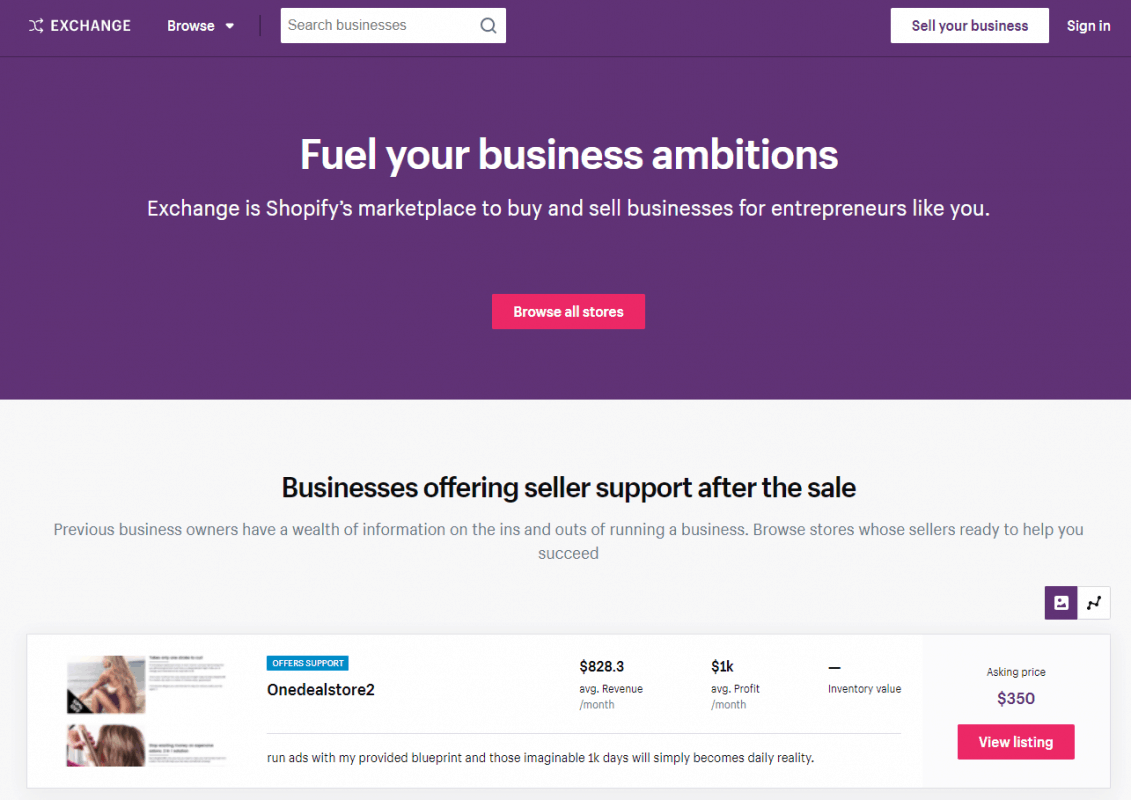
Price: Free.
Commission: Based on sale figures, typically ranges from 5-20%
2. Flippa
We highly recommend Flippa, as it is one of the first companies in the space. Flippa remains a dominant marketplace for buyers and sellers of online businesses.
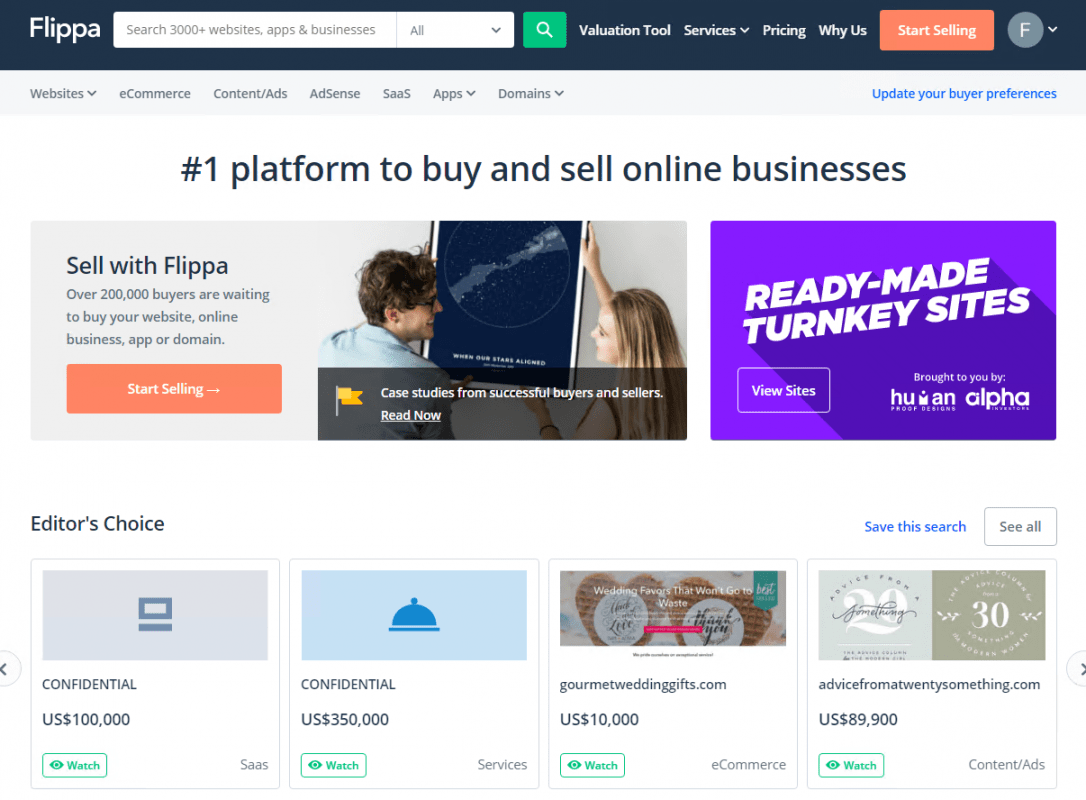
Price: Starter websites- $15, Established Businesses- $49
Commission- Ranges from 5-15%
3. Empire Flippers
You have to go through a long verification process of the website’s history of traffic and earning. Unless you have a stable revenue graph over a period of 12 months, you will not be accepted.
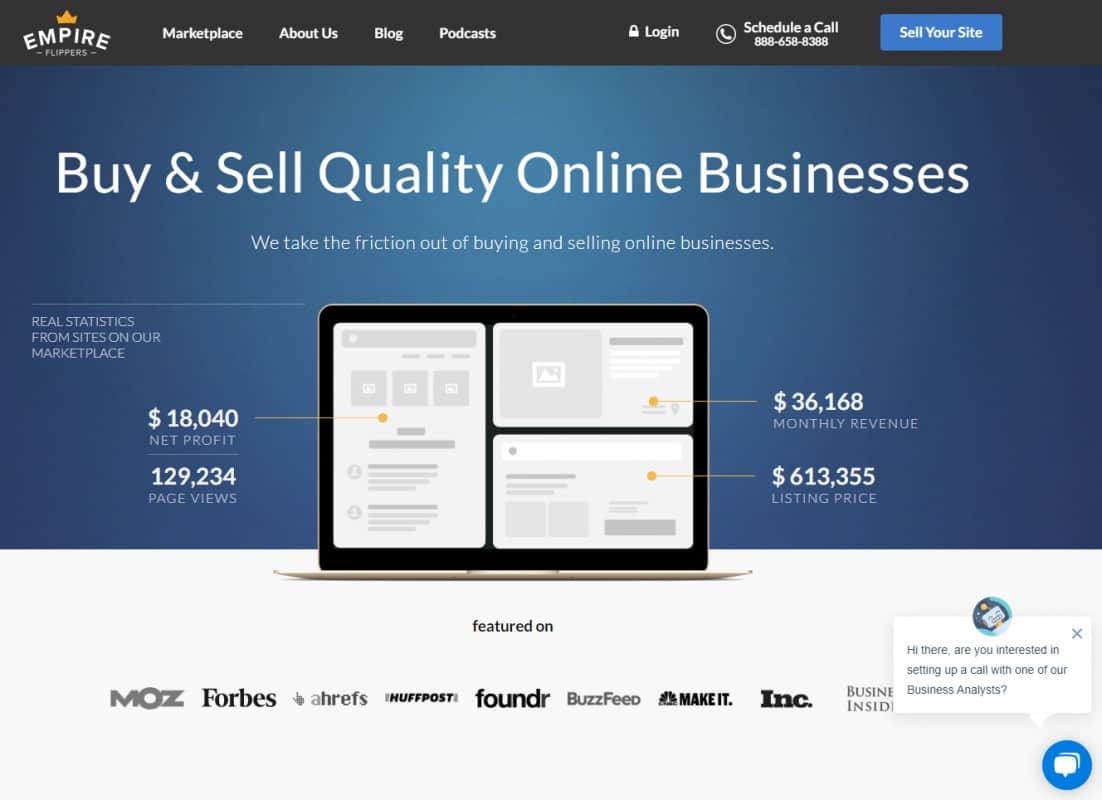
Price: 15-percent success fee.
4. FE International
It specializes in business sales in the mid-5to mid-7 figure range. There is a vetting process for both buyers and sellers.
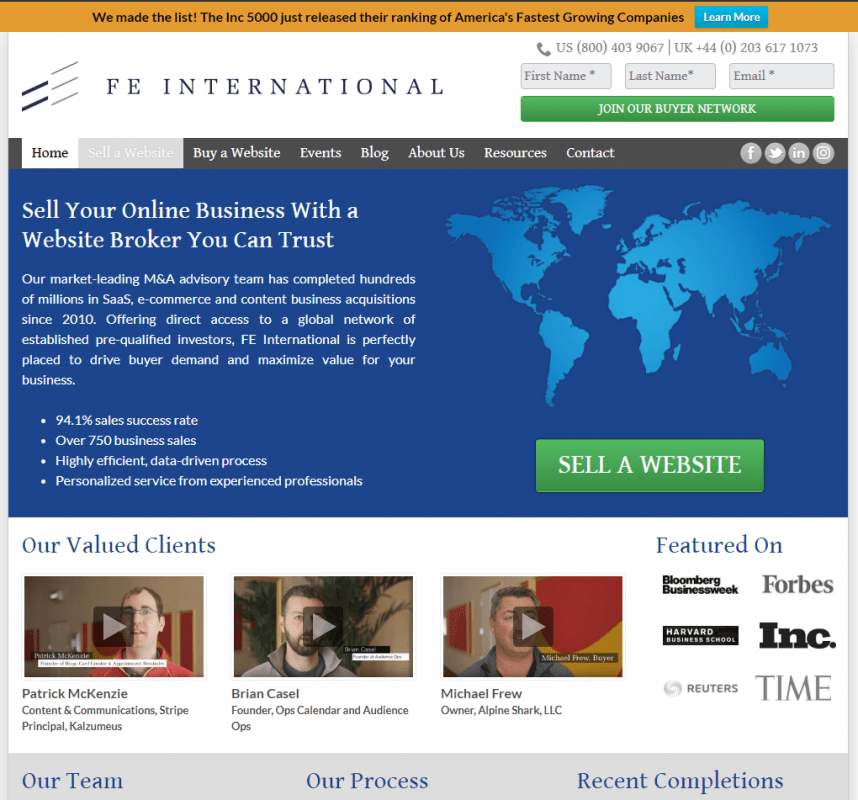
Feel free to share your views in the comment section below.


